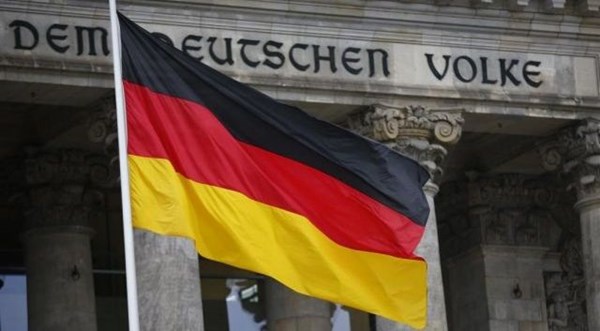Germany concerned that Austria may leak secrets to Russia
Thomas Haldenwang, head of Germany’s counterintelligence agency, the Federal Office for the Protection of the Constitution (BfV), said this week at the Parliamentary Oversight Panel that cooperation with Austria creates significant risks to German intelligence, Welt am Sonntag reported.
The newspaper did not specify how it had obtained the information, but it noted that Haldenwang’s statement was based on the assumption that Austria could misuse and possible even pass on to Russia the information that it receives from partner states such as Germany.
The BfV declined to comment on the report.
Welt am Sonntag published the article amid a scandal involving Austrian Vice-Chancellor Heinz-Christian Strache, who resigned on 18 May after the Süddeutsche Zeitung and Der Spiegel published a video of him negotiating with a Russian lady in a villa on the Spanish island of Ibiza.
The woman in the clip identified herself as Alena Makarova, the niece of a Russian oligarch. In the video, she explains that several Russians are willing to finance Strache’s election campaign in exchange for control of a high-circulation tabloid, the Krone Zeitung, and several state tenders. The video was taken ahead of the parliamentary elections in 2017.
Strache himself insisted he was “the victim of a targeted political attack”. The scandal erupted shortly before elections in European Parliament.
Before the incident, the Krone Zeitung published a story which alleged that a retired Austrian army officer had worked for Russian intelligence since the 1990s. The 70 year-old man in question was taken into custody shortly thereafter, but later released by the court. His attorney later explained that the Austrian did not consider himself a spy, and had not disclosed any state secrets.
The Austrian government responded to the incident with a statement that it will not tolerate Russian espionage in Europe. Austrian Foreign Minister Karin Kneissl even canceled her visit to Russia that had been planned for December. In a comment on the situation, Russian Foreign Minister Sergey Lavrov said that Vienna uses “megaphone diplomacy” as opposed to traditional diplomacy.
